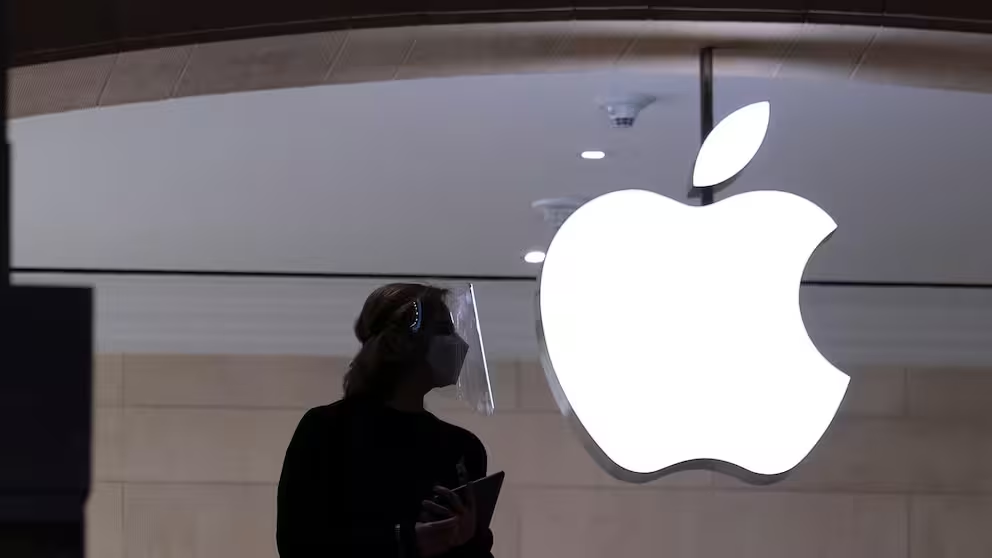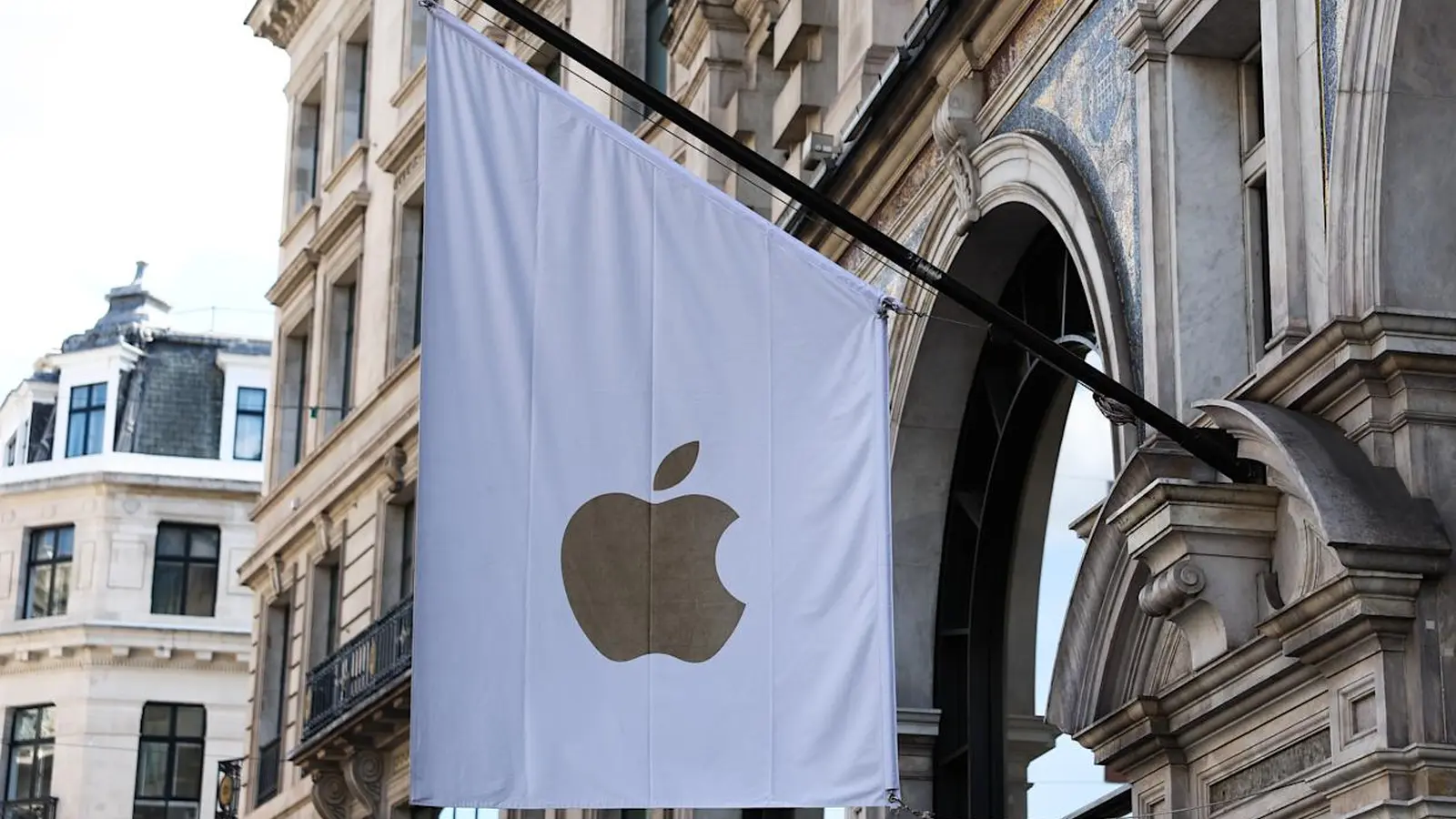4 Minutes
UK withdraws order for Apple backdoor after diplomatic push
UK officials have agreed to rescind a secret directive that would have compelled Apple to provide government access to encrypted user data, US Director of National Intelligence Tulsi Gabbard said on X. Gabbard wrote that she, President Trump and Vice President Vance collaborated with "partners in the UK" over recent months, and that the UK has now dropped the mandate for Apple to implement a so-called "backdoor" capable of accessing protected encrypted data.
Background: Investigatory Powers Act and the ADP rollback
The order followed amendments to the Investigatory Powers Act of 2016, a law that can require companies to turn over data to law enforcement and intelligence services. Reports about the mandate surfaced in February when Apple temporarily disabled iCloud's Advanced Data Protection (ADP) feature in the UK. ADP is Apple’s optional end-to-end encryption option for key iCloud data types; when enabled, that data cannot be decrypted by authorities unless they possess the user's device.
Apple's stance on backdoors
At the time, Apple reiterated its long-standing position: it has not built — and will not build — any backdoor or master key to access encrypted customer data. The ADP removal in Britain prompted legal action, with Apple filing a complaint to the Investigatory Powers Tribunal (IPT), which reviews alleged misconduct by public bodies.

Product features and encryption comparison
iCloud Advanced Data Protection (ADP) vs. standard iCloud encryption:
- ADP: End-to-end encryption for messages, iCloud backups, and more; keys stored only on user devices.
- Standard iCloud encryption: Data encrypted in transit and at rest, but Apple can assist with recovery and provide access with lawful process.
For consumers and organizations, ADP represents a higher level of data security by limiting who can decrypt stored content — a crucial distinction for privacy-conscious users, journalists, and enterprises handling sensitive information.
Advantages, use cases and market relevance
Advantages: ADP strengthens digital privacy, reduces risk of unauthorized government or third-party access, and increases user trust in Apple's ecosystem. Use cases include protecting source materials for reporters, safeguarding personal communications for activists, and securing corporate secrets for small businesses.
Market relevance: The reversal of the UK mandate has implications for global encryption policy and tech industry trust. It signals a pushback against government demands for exceptional access, potentially influencing other jurisdictions considering similar laws. For Apple, preserving end-to-end encryption supports its brand promise of privacy as a product differentiator in a crowded smartphone and cloud market.
Legal and political fallout
A bipartisan group of US lawmakers urged Gabbard to act, calling the UK order a political maneuver that could amount to a "foreign cyberattack" on privacy. Apple’s IPT complaint remains part of the formal record, and the company has not yet issued an official statement about the reported reversal. Observers will watch whether this outcome becomes a precedent for encryption policy negotiations between tech companies and governments.
What users should know
Consumers should review their iCloud settings and understand the difference between standard encryption and ADP. Enabling Advanced Data Protection offers stronger safeguards for sensitive data, but also changes device recovery processes. As governments and vendors continue to debate encryption policy, users should follow updates to ensure their data security choices match their privacy needs.
Source: engadget


Leave a Comment